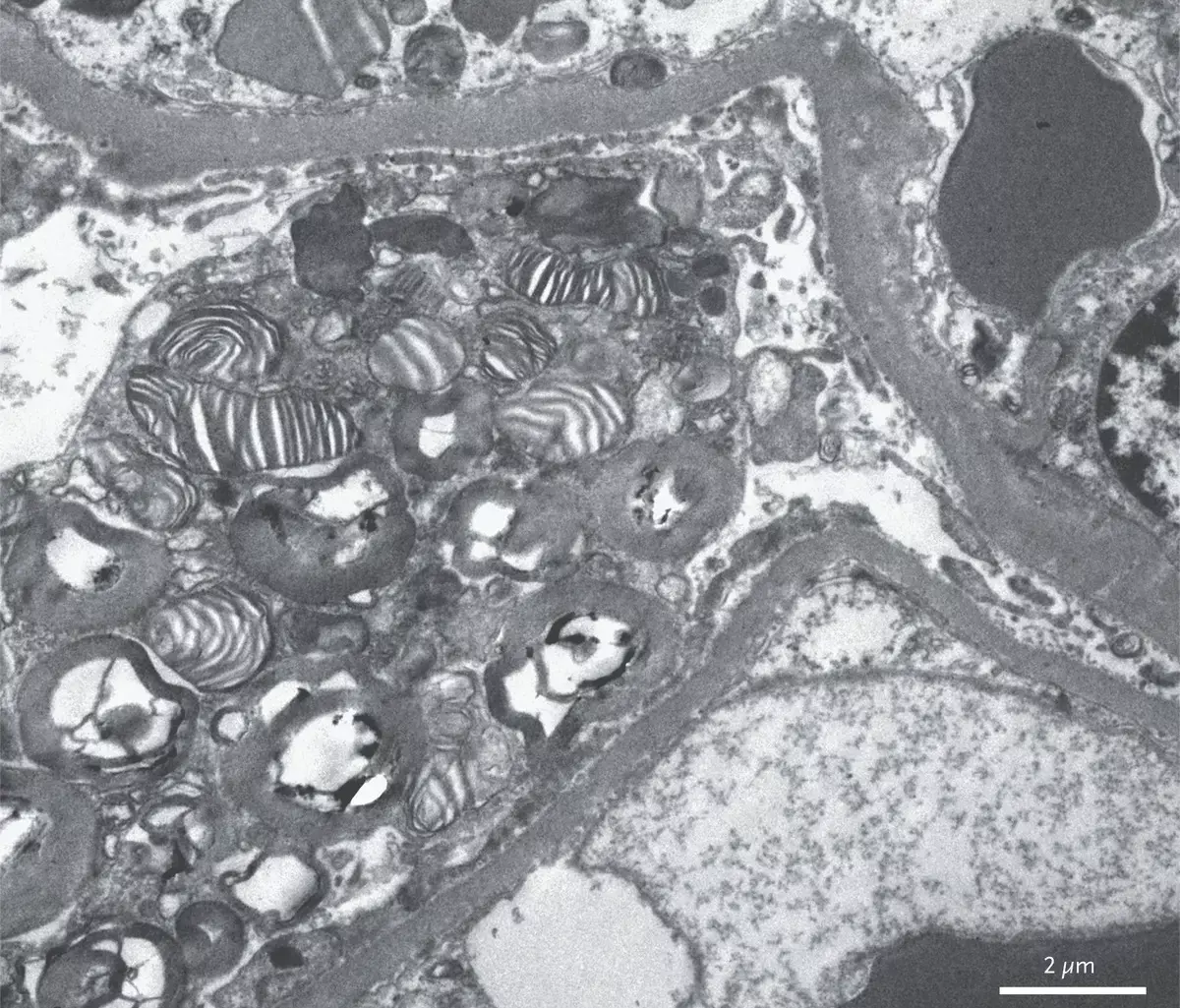- Home
- Medical news & Guidelines
- Anesthesiology
- Cardiology and CTVS
- Critical Care
- Dentistry
- Dermatology
- Diabetes and Endocrinology
- ENT
- Gastroenterology
- Medicine
- Nephrology
- Neurology
- Obstretics-Gynaecology
- Oncology
- Ophthalmology
- Orthopaedics
- Pediatrics-Neonatology
- Psychiatry
- Pulmonology
- Radiology
- Surgery
- Urology
- Laboratory Medicine
- Diet
- Nursing
- Paramedical
- Physiotherapy
- Health news
- Fact Check
- Bone Health Fact Check
- Brain Health Fact Check
- Cancer Related Fact Check
- Child Care Fact Check
- Dental and oral health fact check
- Diabetes and metabolic health fact check
- Diet and Nutrition Fact Check
- Eye and ENT Care Fact Check
- Fitness fact check
- Gut health fact check
- Heart health fact check
- Kidney health fact check
- Medical education fact check
- Men's health fact check
- Respiratory fact check
- Skin and hair care fact check
- Vaccine and Immunization fact check
- Women's health fact check
- AYUSH
- State News
- Andaman and Nicobar Islands
- Andhra Pradesh
- Arunachal Pradesh
- Assam
- Bihar
- Chandigarh
- Chattisgarh
- Dadra and Nagar Haveli
- Daman and Diu
- Delhi
- Goa
- Gujarat
- Haryana
- Himachal Pradesh
- Jammu & Kashmir
- Jharkhand
- Karnataka
- Kerala
- Ladakh
- Lakshadweep
- Madhya Pradesh
- Maharashtra
- Manipur
- Meghalaya
- Mizoram
- Nagaland
- Odisha
- Puducherry
- Punjab
- Rajasthan
- Sikkim
- Tamil Nadu
- Telangana
- Tripura
- Uttar Pradesh
- Uttrakhand
- West Bengal
- Medical Education
- Industry
Case of Fabry's disease with zebra bodies in kidney reported in NEJM
 Courtesy NEJM
Courtesy NEJMDr. Xiaoyan Huang and colleagues at the University of Hong Kong–Shenzhen Hospital, Shenzhen, China have reported an un usual case of Fabry's disease with accumulation of zebra bodies in kidney.The case has been published in the New England journal of medicine.
Fabry disease is an inherited disorder that results from the buildup of a particular type of fat, called globotriaosylceramide, in the body's cells.
Zebra bodies, or myelin-like, lamellar bodies, are intralysosomal inclusion bodies that suggest kidney phospholipidosis (KPL). KPL is the accumulation of phospholipids within any type of kidney cell, including mesangial cells, glomerular endothelial cells, podocytes, or tubular cells.There are certain commonly used medications that can lead to KPL which include:
Amiodarone,Chloroquine,Hydroxychloroquine,Fluoxetine and Gentamicin.
According to history, a 21-year-old man with a 10-year history of intermittent burning pain in his arms and legs presented to the nephrology clinic after noticing foamy urine for 1 month. The physical examination, which included a neurologic evaluation, was unremarkable, but urinalysis revealed proteinuria. The serum creatinine level was 81 μmol per liter (0.9 mg per deciliter) (reference range, 62 to 106 μmol per liter [0.7 to 1.2 mg per deciliter]), and the urinary protein excretion was 1335 mg per 24 hours (reference range, 0 to 140).
Biopsy of the kidney showed the presence of vacuoles within podocytes. Electron microscopy revealed layered membrane structures appearing as so-called zebra bodies within enlarged lysosomes in the podocytes. A diagnosis of Fabry's disease was confirmed when a mutation in the gene encoding alpha-galactosidase A (GLA) was detected. Fabry's disease is an X-linked lysosomal storage disorder caused by mutations that result in low or absent activity of the enzyme alpha-galactosidase A.
This deficiency results in the accumulation of globotriaosylceramide in cells, resulting in the formation of the characteristic zebra bodies. Treatment of Fabry's disease includes enzyme-replacement therapy; however, this treatment was not available where the patient was living.
Carbamazepine was initiated for pain management. At the 10-month follow-up, he continued to have proteinuria but had a normal creatinine level, and his pain was well controlled.
For further reference log on to:
Engl J Med 2020; 383:e2
DOI: 10.1056/NEJMicm1912889
Dr Kamal Kant Kohli-MBBS, DTCD- a chest specialist with more than 30 years of practice and a flair for writing clinical articles, Dr Kamal Kant Kohli joined Medical Dialogues as a Chief Editor of Medical News. Besides writing articles, as an editor, he proofreads and verifies all the medical content published on Medical Dialogues including those coming from journals, studies,medical conferences,guidelines etc. Email: drkohli@medicaldialogues.in. Contact no. 011-43720751


